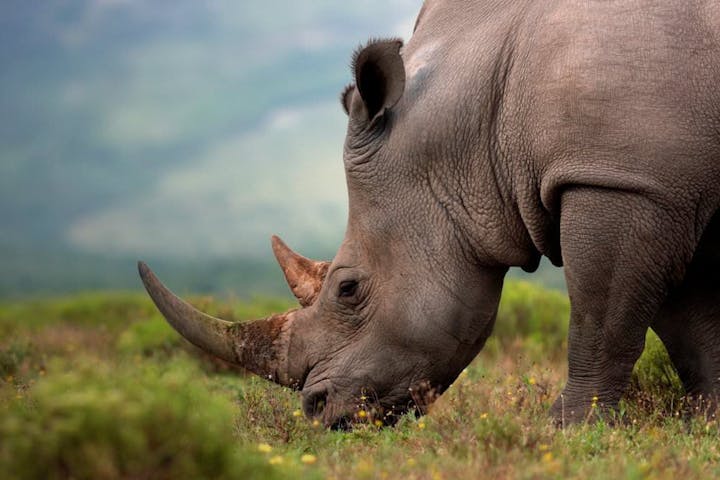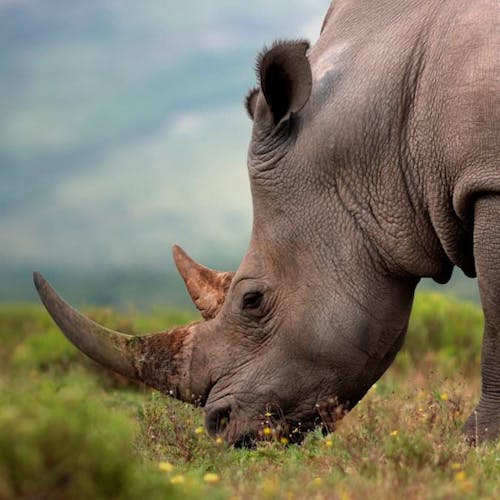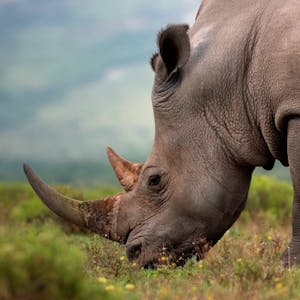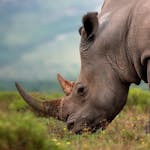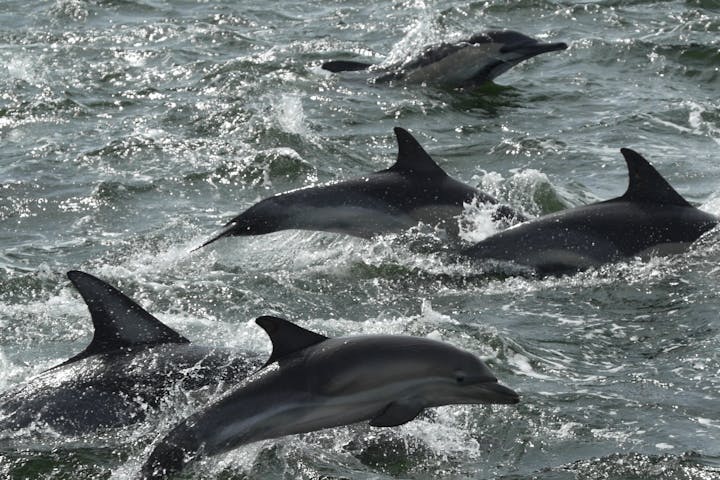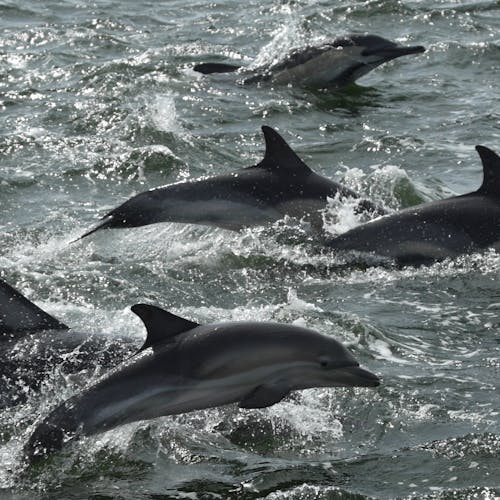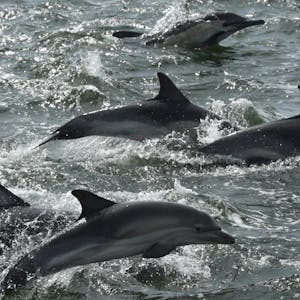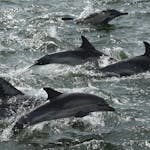


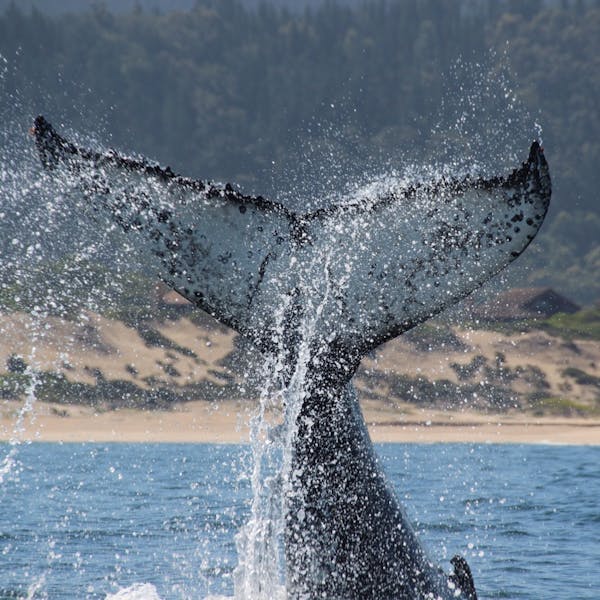
Volunteer at a Marine Conservation Project in South Africa
Study whales, dolphins and inspire local communities about the marine environment
Watching as a humpback whale breaches the ocean surface just a few metres from your research boat is a sight that’s sure to take your breath away. But as a marine conservation volunteer, you won’t just be watching – you’ll be studying her movement and behaviour, helping to protect one of the most biodiverse marine environments on Earth.
Why choose this experience?
By volunteering for our marine conservation programme, you’ll spend time on the water, researching whales, dolphins and other marine life. Back on dry land, you’ll play a valuable role by carrying out a variety of research and conservation activities from collecting shark egg cases to educating the next generation about marine stewardship. Being based near Cape Town you can also combine your volunteering experience with time in this world-famous city.
- Get hands-on work experience in an African marine conservation program, including community education
- Learn new career skills, including how to monitor whales and dolphins
- Work alongside passionate marine biologists and coastal conservationists
- Explore the spectacular coastal scenery of South Africa
Choose your Marine Conservation Project
Conservation spotlight: the marine and coastal environment of South Africa
From Port Elizabeth in the East to Cape Town in the West, the coast and seas of southern Africa are unique in the world of marine biology. This is where the warm tropical waters from the Indian Ocean meet the icy currents flowing up from the South Atlantic Ocean. This aquatic crossroad brings together a wonderfully diverse range of marine life and, as a coastal and marine conservation volunteer, you’ll find yourself right in right in the centre of this incredible seascape and coastal environment.
Bryde’s whales are found here year-round while humpback whales and southern right whales can be spotted between June and November as they migrate to Africa’s coastal waters to breed and give birth. Throughout the year, you’ll also find bottlenose dolphins playing in the warm waters around our marine conservation project. Sometimes accompanied by schools of common dolphins and humpback dolphins. Orca sightings are rarer than those of other dolphins (despite being called killer whales orcas are actually dolphins) but they too can be spotted in the waters along the garden route.
Aside from marine mammals, the ocean and shoreline here are also home to vast colonies of seabirds, cape fur seals, tropical and coldwater fish, a large variety of shark species, and even the world’s first protected great white shark population.
The goals of marine conservation in South Africa
Marine biologists in South Africa’s Western Cape coast have been at the forefront of ocean and coastal conservation for many decades. Over the years, generations of researchers and marine conservation volunteers have contributed to one of the most comprehensive coastal research projects anywhere in the world. This marine conservation program has played a huge role in advancing our scientific knowledge of many species, the bottlenose dolphin in particular.
Today, marine conservation volunteers and researchers are building on this legacy and extending its impact through continued research and education. Marine conservation volunteering is a varied role that combines both land and sea-based activities. You’ll have the chance to explore nature reserves up and down the coast, work with local communities, research wildlife populations and help manage and maintain their natural habitats.
A growing area of research for South Africa’s marine conservation program is the increasing numbers of southern right whales and humpback whales that migrate to breeding grounds around coastal South Africa. Throughout winter and spring, these marine mammals are a common sight. As some of the world’s largest sea creatures, ocean conservation organisations must gain a clear insight into their migratory routes, behaviour patterns and their role within the marine ecosystem.
The problem with pollution
We’ve all seen news reports of major polluting events such as oil tank spills. Shocking as these incidents are, most pollution happens little by little – a slow increase in water toxicity levels, people habitually leaving food wrappers on the beach, a new sewage outlet near a vital wildlife breeding ground, and so on. Individually, none of these events would make the evening news, but when they happen a thousand times every day, it’s not long before they add up to a major environmental problem.
There are many threats to wildlife in South Africa’s coastal and oceanic regions, but few cause as much destruction as pollution from human towns and cities. As cities continue to grow in size, their inhabitants consume more resources and produce more waste year on year.
Marine biologists adopt many strategies to tackle pollution, from arranging beach cleans to advising town planners and leading community outreach programs. Although progress is slow, our marine conservation project has had significant success in addressing damage to the coastal and marine environment and is growing awareness of the fragility and uniqueness of this natural wonder.
Explore other volunteering types
Adventure Learning Experiences




Gap Year Travel




Internships
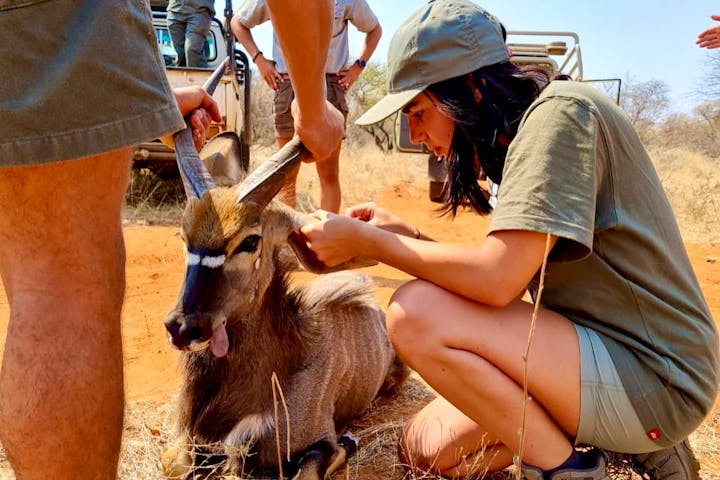
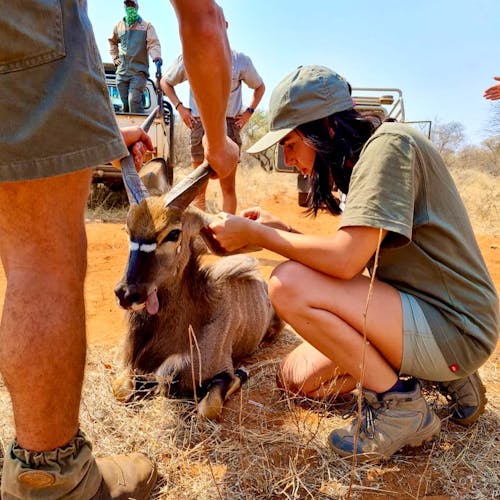
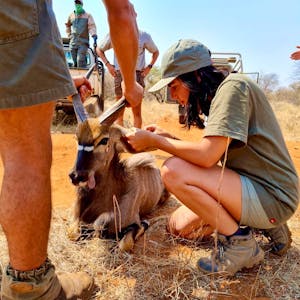
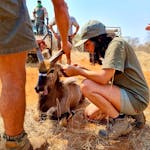
Sabbaticals & Career Breaks
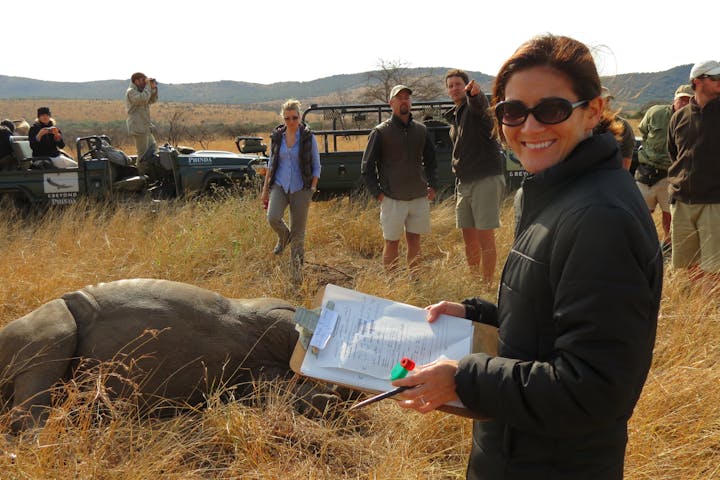
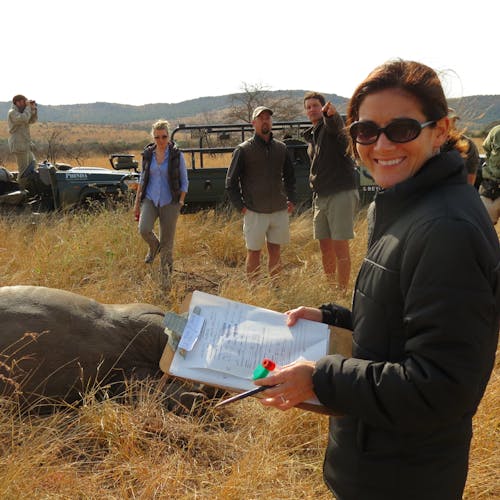
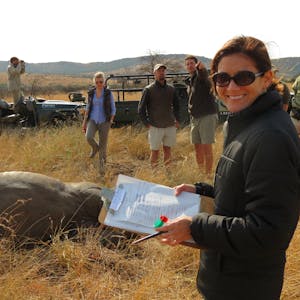
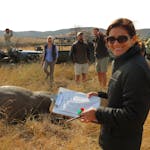
School & College Field Trips
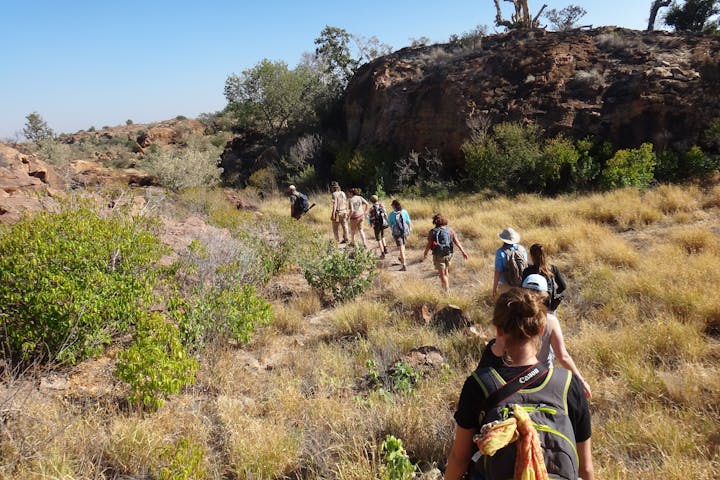
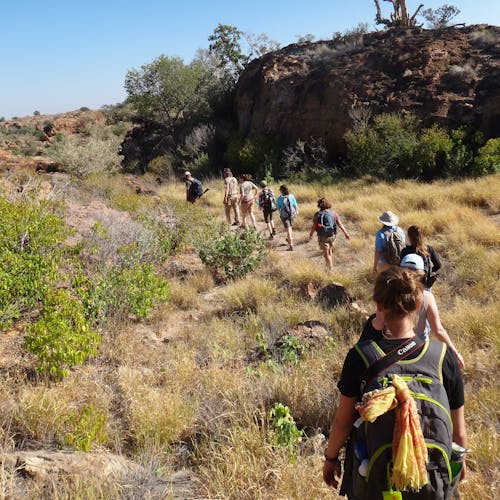
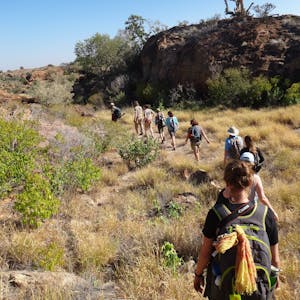

Short Experiences
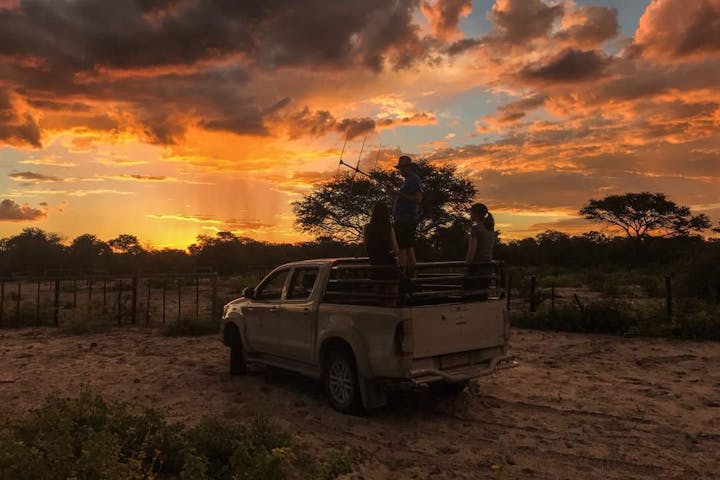
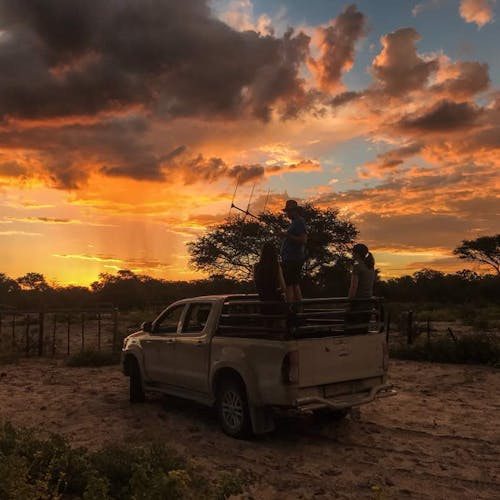
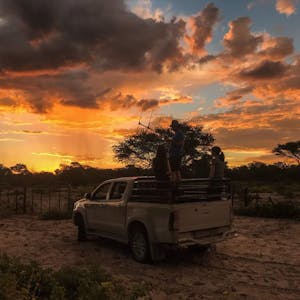

Wildlife Care & Rehabilitation
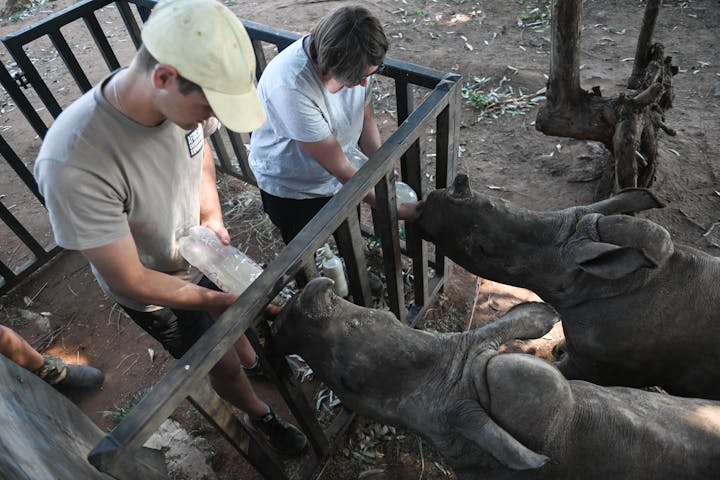
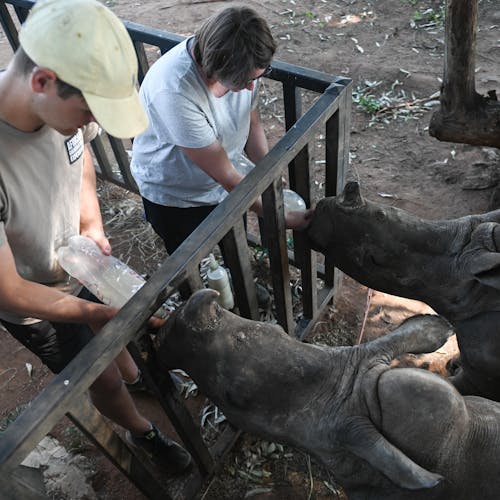
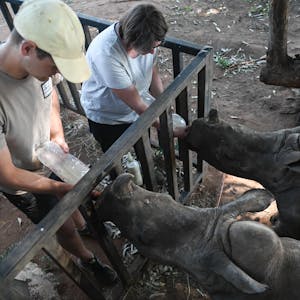
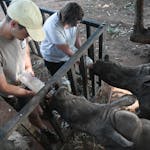
Wildlife Research & Management
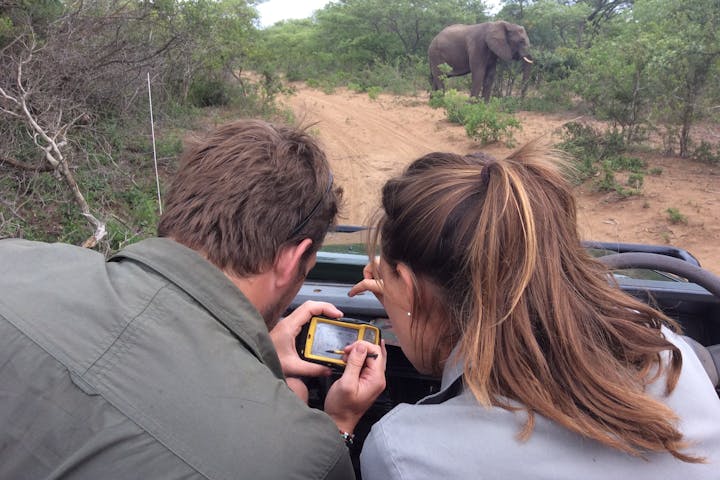
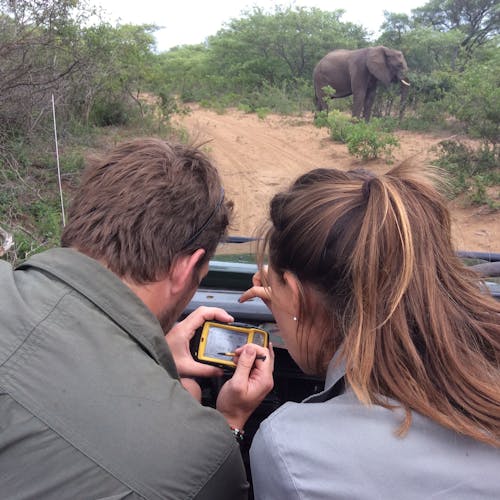
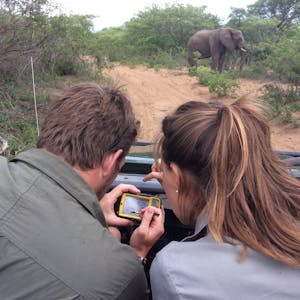
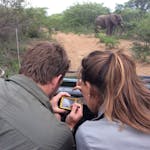
Wildlife Veterinary Projects
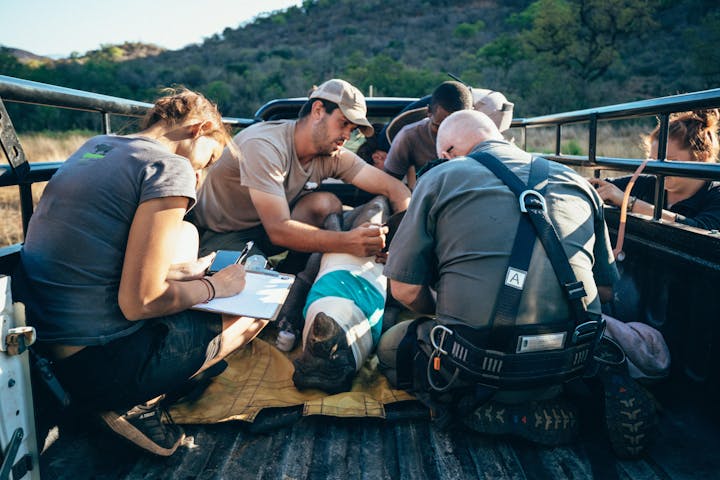
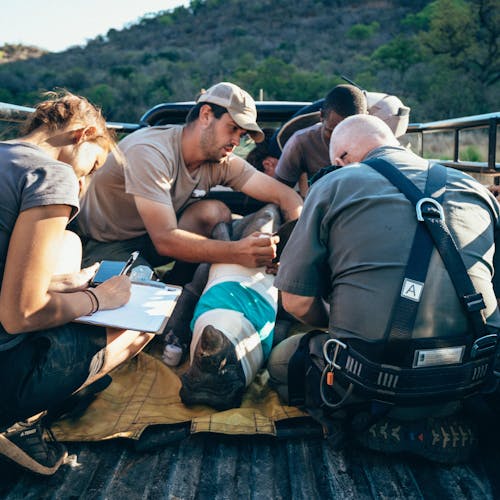
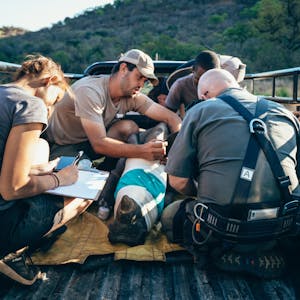
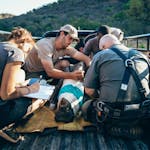
Or explore by animal
African Wild Dog Conservation Projects
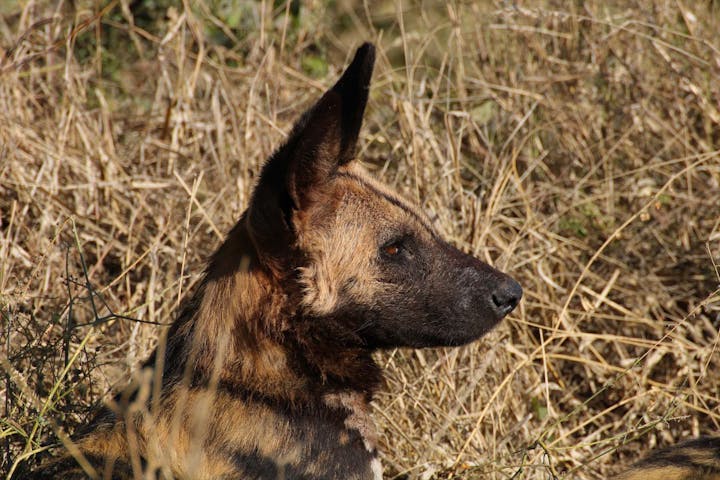
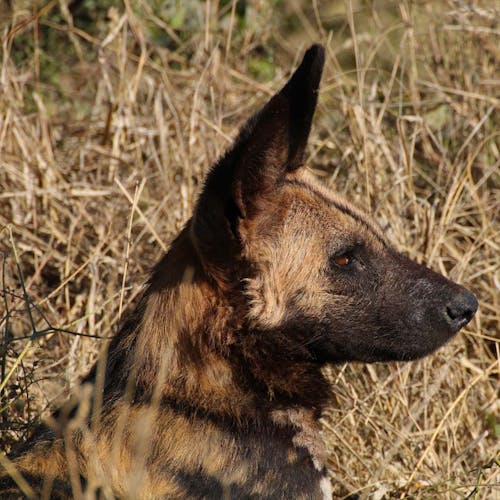
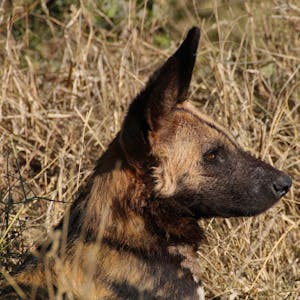

Elephant Conservation Projects
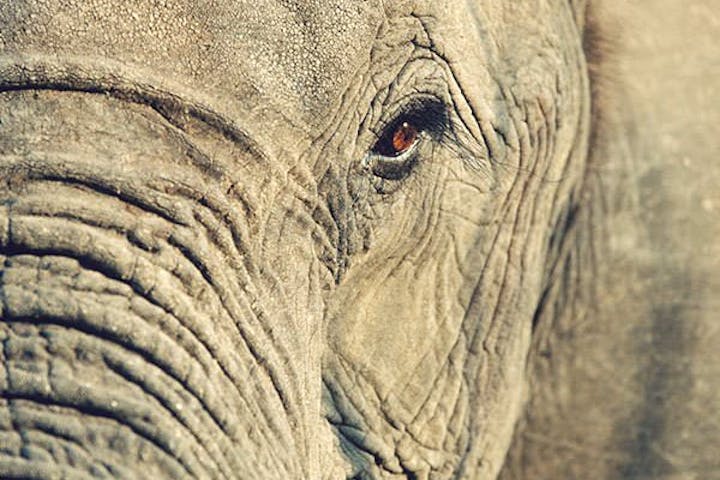
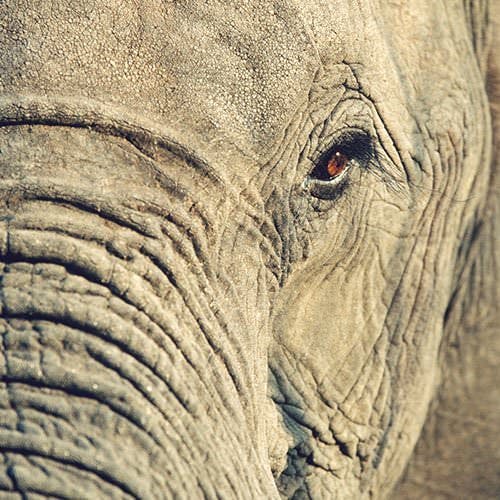
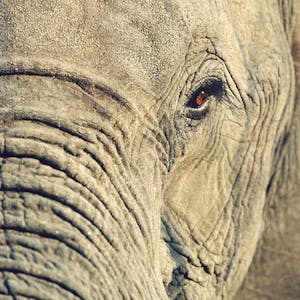

Lion Conservation Projects
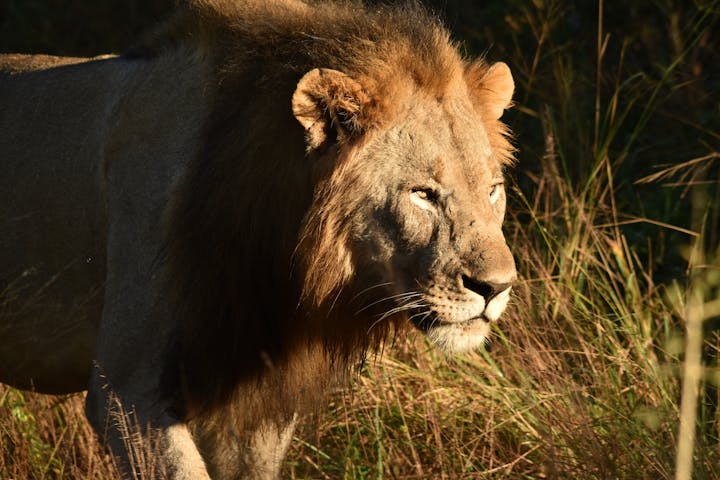
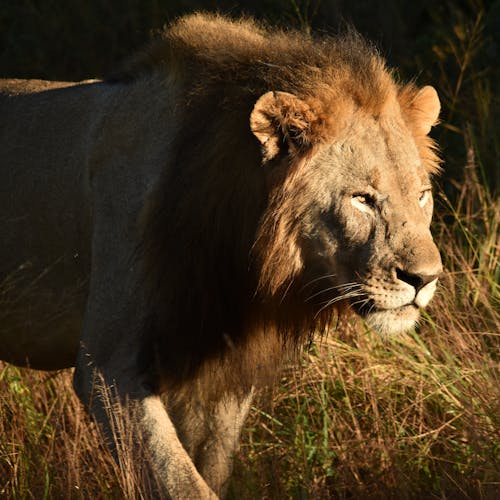
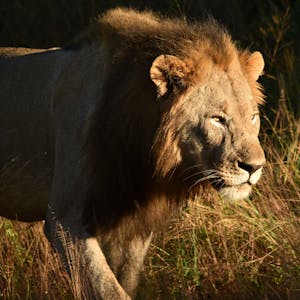

Rhino Conservation Projects
